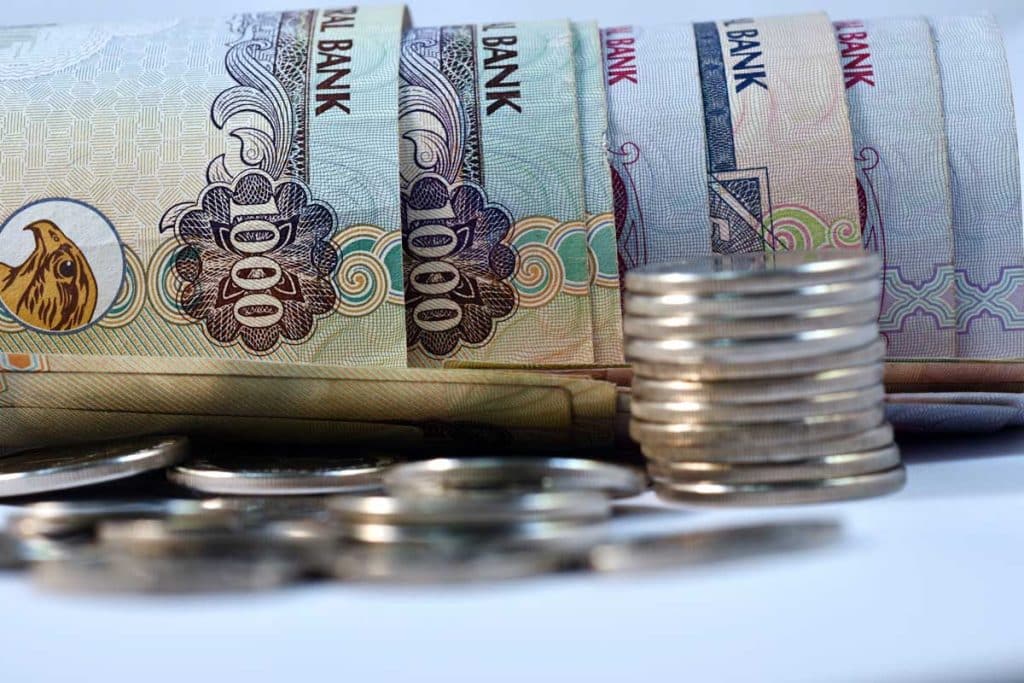The UAE Ministry of Finance has officially launched the federal general budget cycle for 2027–2029, marking a major step in the evolution of the country’s public financial system and supporting long-term strategic objectives, including the UAE Centennial 2071.
The new cycle aims to enhance fiscal sustainability, promote operational efficiency, and align government financial planning with the national vision for a more agile, proactive, and digitally enabled future.
The announcement coincided with the unveiling of the federal government’s new strategic planning framework, “Towards Achieving We the UAE 2031”, by Sheikh Mohammed bin Rashid Al Maktoum, Vice President and Prime Minister of the UAE and Ruler of Dubai.
UAE budget cycle
The new cycle marks a transformation of the federal budget from a traditional annual resource allocation tool into a strategic enabler that empowers federal entities to achieve national priorities.
Sheikh Maktoum bin Mohammed bin Rashid Al Maktoum, First Deputy Ruler of Dubai, Deputy Prime Minister, and Minister of Finance, stated that the new cycle is part of a broader government approach driven by flexibility, proactivity, and policy integration.
He said: “Achieving the ambitions of the UAE Centennial 2071 requires a financial system that is agile and future-focused, a system that can respond to global shifts and direct government spending toward high-impact opportunities.
“To that end, the MoF is investing in smart tools and advanced analytical models that ensure financial efficiency, optimise impact, and enable data-driven decision-making aligned with the nation’s developmental, economic, and social goals.
“Our vision is to transform the federal budget into a future-ready instrument that drives sustainable growth and elevates the quality of government services to new heights”.

Over the previous four strategic budget cycles, the UAE’s total federal budget reached approximately AED900bn ($245bn), with sustained investment in key sectors such as education, healthcare, social welfare, and essential government services.
The Ministry of Finance has maintained fiscal stability, with public debt standing at AED62.1bn ($16.9bn) as of June 2025, and federal government assets reaching AED464.4bn ($126.3bn) by the end of 2024.
This solid financial foundation supports the UAE’s commitment to transforming the budget process into a performance-based, result-oriented system powered by artificial intelligence and advanced digital platforms.
Mohamed bin Hadi Al Hussaini, Minister of State for Financial Affairs, highlighted the Ministry’s efforts to overhaul traditional financial operations.

Notable achievements include:
- Reducing budget preparation steps from 50 to 10
- Shortening procurement cycles from 60 days to under six minutes
- Transitioning to a fully integrated digital financial system
Al Hussaini stated that the Ministry has shifted from being a supervisory authority to a key enabler of institutional performance, focused on customer satisfaction and service excellence.
The 2027–2029 cycle reflects a comprehensive vision to:
- Integrate artificial intelligence into financial governance
- Enable predictive and scenario-based financial planning
- Support unified and accurate government-wide data
- Drive sustainable growth and enhance the UAE’s competitiveness as a global financial hub

